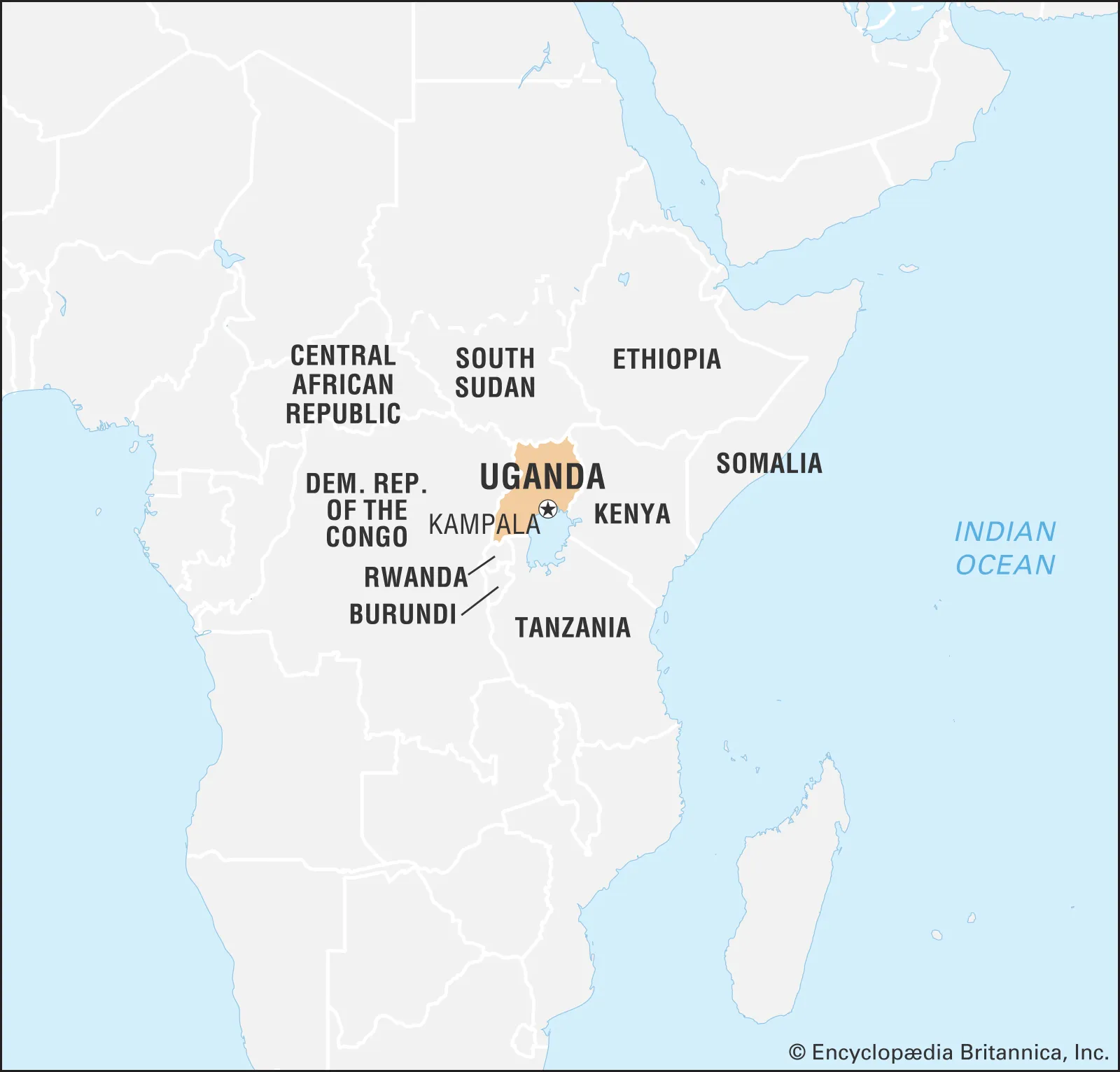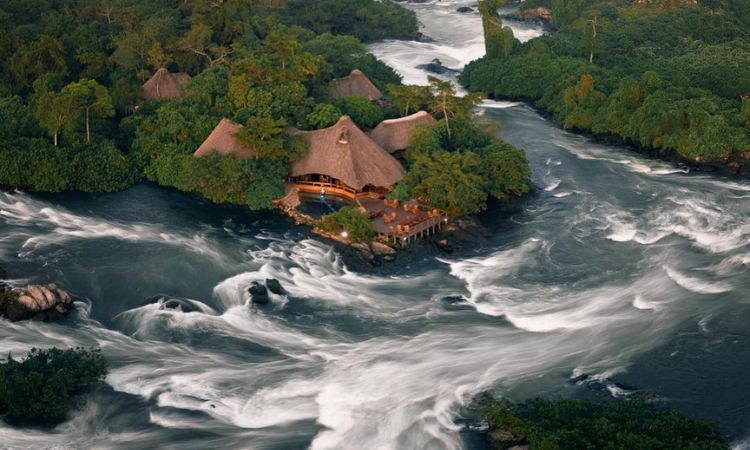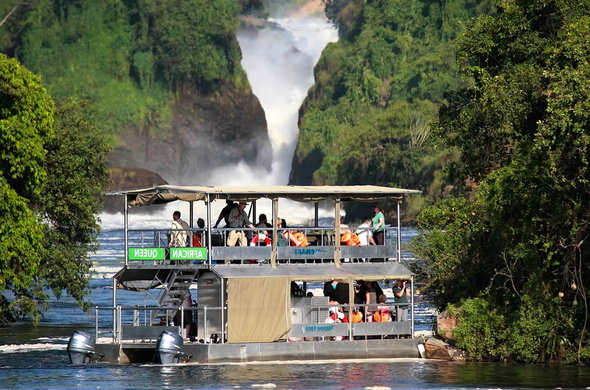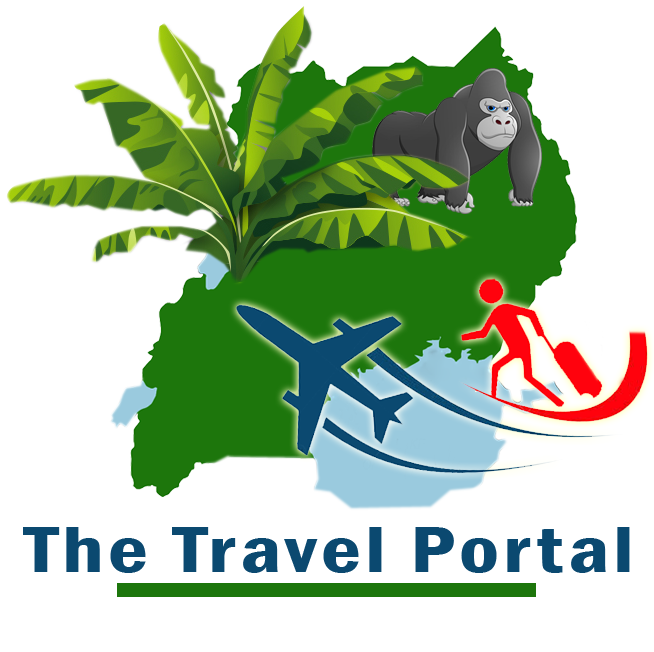

Source of the Nile -Jinja
White water rafting on the Nile in Jinja, Uganda, offers a thrilling adventure amidst stunning scenery. The Nile, known for its powerful rapids, provides options for both seasoned rafters and beginners, with varying levels of intensity.

Murchison Falls National Park
Murchison Falls National Park is Uganda's largest and oldest conservation area, renowned for its dramatic Murchison Falls where the Victoria Nile is forced through a narrow gorge. It's a popular destination for wildlife viewing, including elephants, lions, giraffes, and various bird species.

Bwindi Impenetrable National Park
Gorilla tracking in Bwindi Impenetrable National Park involves a guided trek through dense forest to observe habituated mountain gorilla families in their natural habitat. Visitors are grouped into parties of up to eight and accompanied by park guides and rangers.
No packages found for this destination.
Before You Travel
Safety Precautions. Be cautious when walking or driving at night, and always use a reliable taxi service. It is recommended to lock doors and keep windows up while in a car. Avoid accepting food or drinks from strangers.
Political Situation. Be aware that political demonstrations can occur, and it's best to avoid them.
Emergency Planning. Have a contingency plan in case of emergencies, and consider enrolling in your home country's smart traveler program to receive alerts.
Visa & Entry Requirements
Application Process. Applications should be made through the official Uganda Immigration portal. You will need to fill out an electronic form and submit required documents, including a copy of your passport's bio-data page, a recent passport-size photograph, and a Yellow Fever vaccination certificate.
East Africa Tourist Visa. If you plan on visiting Kenya, Rwanda, or other East African countries in addition to Uganda, you may be eligible for the East Africa Tourist Visa. This allows for multiple entries within the three countries for a single fee.
Required Documents. It is crucial to have a passport with at least six months of validity from your date of entry. You will also need a Yellow Fever vaccination certificate, which is mandatory for all travelers over one year old.
Some Items To Pack
Rain Gear. Uganda has two rainy seasons, so a light, breathable raincoat and an umbrella are essential.
For Gorilla Trekking. If you are planning a gorilla trekking safari, pack durable hiking boots, long trousers, and a long-sleeved shirt to protect against insects and stinging nettles.
Health and Safety. Bring a basic medical kit, a strong insect repellent, and a mosquito net if your accommodation does not provide one. A good-quality sunscreen and a wide-brimmed hat are also highly recommended.
Other Items. Consider bringing a solar lamp, a water filter, and a padlock.
Weather
Dry Seasons. The best times to visit are during the two dry seasons, from June to August and December to February. Temperatures during these periods average around 27°C (81°F) in the afternoon.
Wet Seasons. The rainy seasons are from March to May and September to November. During this time, the landscape is lush and green, but rain can make travel more difficult, particularly on unpaved roads.
Regional Variations. The climate can vary by region. The north, including Kidepo Valley National Park, is generally hotter and drier, while the southern regions near Lake Victoria have a more humid, equatorial climate. Higher altitude areas, such as the gorilla parks, are colder.
Cultural Etiquette
Respect for Elders. Show deference to elders by greeting them first and using respectful language and titles like "Mr." or "Mrs."
Modesty. Dress conservatively, especially when visiting rural areas, religious sites, or traditional ceremonies.
Photography. Always ask for permission before taking photos of people. It is illegal to take pictures of government buildings or military installations.
Dining. Use your right hand for eating, greeting, and exchanging items, as the left hand is considered unclean. When visiting someone's home, a small gift like fruit or tea is a thoughtful gesture.
Sensitive Topics. Avoid public displays of affection and steer clear of political or controversial discussions.
Religion
Respect for Religious Sites. When visiting a place of worship, such as a church or mosque, dress respectfully and be mindful of local customs. It may be necessary to remove your shoes or cover your head.
Currency & Payments
Cash-based Economy. Uganda operates largely as a cash-based economy, especially in rural areas. It is essential to carry cash in small denominations for everyday purchases and tips.
Foreign Currency. US Dollars (USD), Euros (EUR), and British Pounds (GBP) can be exchanged at banks and forex bureaus in major towns. Note that older US Dollar bills (from before 2013) may not be accepted.
Cards and ATMs. Credit cards (Visa and Mastercard) are accepted at most hotels, upscale restaurants, and safari lodges. However, ATMs are often unreliable or not available outside of major towns.
Mobile Money. Mobile money services like Airtel and MTN are widely used and provide a convenient way to make payments in many locations.
Communication & Internet
Local SIM Cards. The most reliable way to stay connected is by purchasing a local SIM card from a major provider like MTN or Airtel. You will need to present your passport for registration.
Communication Apps. Apps like WhatsApp are very popular and are a great way to communicate with tour guides and locals.
Getting Around
Motorbike Taxis. Known as "boda-bodas," these are a popular and cheap way to get around for short distances in cities. However, they can be risky, and you should always wear a helmet.
Ride-hailing Apps. In major cities like Kampala and Entebbe, you can use apps like Uber and SafeBoda for a more secure and reliable ride.
Domestic Flights. For those with a shorter timeline, domestic flights are available to many of the national parks and major towns, offering a faster way to travel long distances.
Health & Safety
Recommended Vaccinations. Consult a travel health professional about other recommended vaccines, such as Hepatitis A, Typhoid, and Tetanus.
Malaria. Malaria risk is high throughout the country. It is essential to take anti-malarial medication and use insect repellent.
Food and Water. Only drink boiled or bottled water to avoid waterborne diseases. Be cautious with raw or undercooked food.
Travel Insurance. Comprehensive travel insurance, including coverage for medical emergencies and medical evacuation, is highly recommended.
Security. Be aware of the risk of petty and violent crime. Do not resist any robbery attempts. Certain border areas, such as with South Sudan and the Democratic Republic of Congo, should be avoided due to safety concerns.
